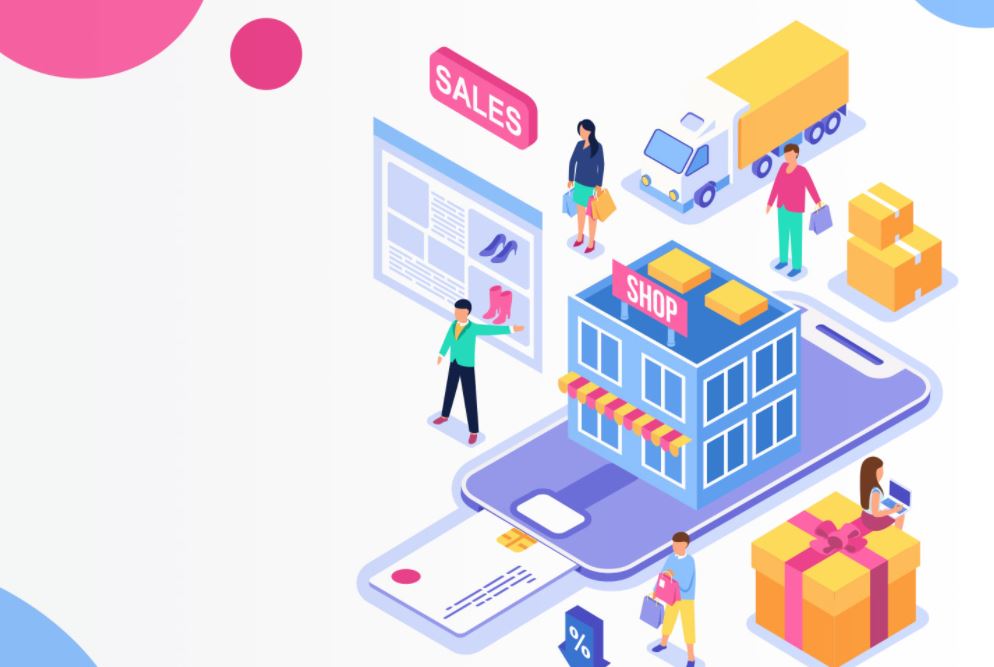Omnichannel platforms such as Shopify make it easier than ever to run your own business. In addition to digital stores, omnichannel platforms offer marketing, operational support, and shipping and financial partners access. The goal of these features is to simplify the entire process of running an online store while also giving you access to advanced features that help you boost your bottom line.
What Is An Omnichannel Experience?
According to the experts at Contentful, “Multichannel marketing simply means a brand shares messages via several channels, but omnichannel marketing uses a customer’s engagement history with those channels to create a more personalized experience for that customer in the future.”
Marketing doesn’t stop at any given point of purchase anymore; instead, it follows users throughout every step of their journey with a brand right up until they’re getting ready to repurchase.
Why Does This Matter For Businesses?
When customers have an outstanding experience, they’re more likely to make repeat purchases, generate positive word of mouth for your business, and deliver a better return on investment. In addition, 54% of consumers say that a positive customer experience is significant when choosing between brands.
How Do Omnichannel Marketing Platforms Optimize The User Experience?
Customer retention is essential to survival in today’s omnichannel marketing industry. If customers leave, they won’t come back; you lose money if they don’t come back. Therefore, one of your top priorities as a retailer should be ensuring customer satisfaction and loyalty as much as possible. You can do this with customer experience optimization (CXO). But how do companies do that?
- Omni-channel platforms allow for easy access to all of your marketing data, meaning that your optimization will be based on actual results and not estimates.
- These platforms often have tools built in that help you understand your customer’s buying behaviors, targeting them with personal messages at their stage in their buyer journey.
- They are integrated with your sales and accounting software, meaning that you’ll be able to send personalized messages to customers at all of their touchpoints. This is a massive plus for repeat buyers who have purchased from you before.
- You can easily keep tabs on what your competitors are doing and adjust your strategy accordingly. This means that if you see that one of your competitors is taking customers from you, you’ll be able to react quickly and get them back.
- Your platform will have plenty of user testing resources available to you, meaning that you’ll be able to test various platforms and see what kind of response it gets from customers.
The foundation of customer experience is data analytics. Omnichannel marketing platforms collect data from your entire organization and then use that data to improve how you interact with customers. Users can do this through online and offline information collection through two main channels.
You need a seamless and reliable user experience for omnichannel marketing to succeed. So don’t just build cross-channel strategies; use them to optimize your processes and improve your end users’ experiences instead.

